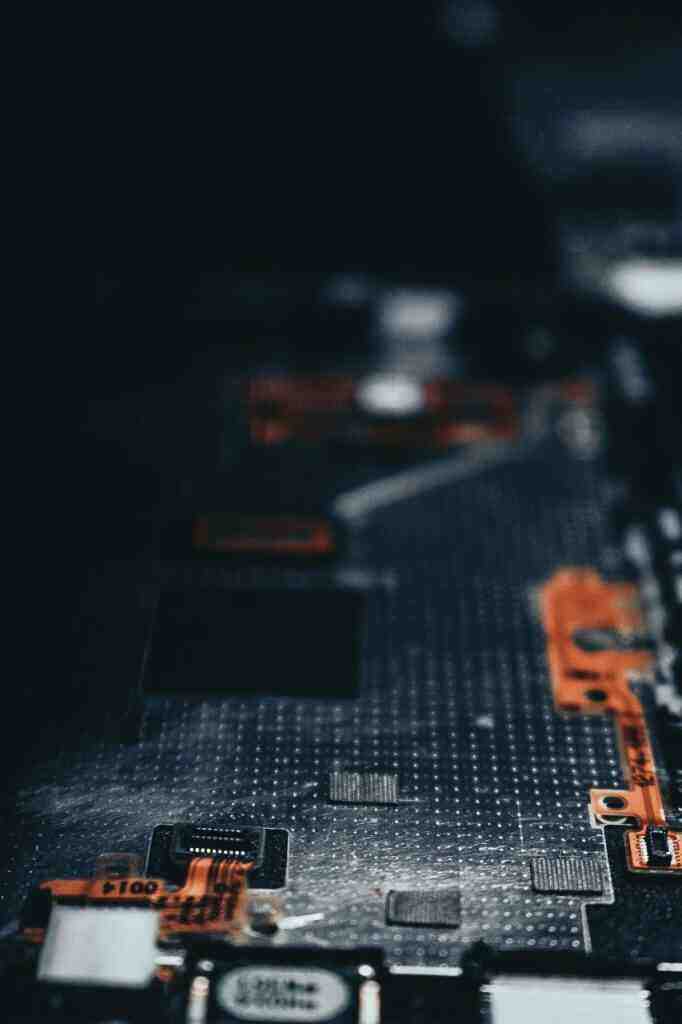Unveiling the Power of Light: Dr. Weidong Zhou’s Quest for High Brightness Semiconductor Technology
In the relentless pursuit of technological advancement, the quest for efficiency, power, and brightness has led researchers to explore the untapped potential of light in semiconductor chip operations. At the forefront of this endeavor is Dr. Weidong Zhou, a visionary Distinguished University Professor in the Department of Electric Engineering at the University of Texas at Arlington (UTA). With a $2.7 million grant from the U.S. Department of Defense, Dr. Zhou is spearheading an ambitious project to investigate high brightness semiconductor photonic crystal surface-emitting laser (PCSEL) chip technology.
Harnessing the Power of Light
Dr. Zhou’s research aims to maximize the power of light in semiconductor chips, enabling them to operate with greater efficiency, enhanced power, and increased brightness. This transformative technology promises to revolutionize various applications, including self-driving cars, satellite technology, and the vast expanse of space exploration. By venturing into this uncharted territory, Dr. Zhou is pushing the boundaries of semiconductor laser development, blurring the lines between the chip sector and the space sector.
Scaling Laser Power Output and Maintaining Beam Quality
A crucial aspect of Dr. Zhou’s project revolves around scaling laser power output while maintaining exceptional laser beam quality. This delicate balance is paramount in achieving the desired performance and efficiency gains sought after in advanced semiconductor applications. By meticulously optimizing laser design parameters and employing innovative fabrication techniques, Dr. Zhou strives to unlock the full potential of high brightness PCSEL chip technology.
Semiconductor Lasers: A Cornerstone of Technological Advancement
Semiconductor lasers have emerged as indispensable components in the development of cutting-edge technologies across diverse fields. Their compact size, high efficiency, and tunable wavelengths have made them ubiquitous in applications ranging from optical communications to medical imaging and industrial processing. Dr. Zhou’s research delves into a new paradigm of semiconductor laser design, leveraging photonic crystal modulation and feedback to achieve unprecedented levels of output power, beam quality, and brightness.
Establishing a Center for Advanced Research
Dr. Zhou’s vision extends beyond the confines of his laboratory. He is dedicated to establishing a comprehensive consortium center at UT Arlington, serving as a hub for advanced research in semiconductor photonics, PCSEL laser chips, and their myriad applications in space, defense, quantum technology, and communications. This center will foster collaboration among researchers, industry partners, and government agencies, accelerating the pace of innovation and driving the development of groundbreaking technologies.
Building upon a Legacy of Research Excellence
Dr. Zhou’s current endeavors are rooted in a rich history of successful research projects he has led at UTA. In 2023, he played a pivotal role in UTA’s involvement in a Department of Energy-funded consortium focused on developing innovative technologies and educational programs in radiation detection and nuclear engineering. As part of this project, UTA embarked on the development of 2D materials that can be integrated into novel handheld photonic technologies with diverse applications.
In 2022, Dr. Zhou secured a $400,000 grant from the National Science Foundation to explore optical laser beam modulations for 3D sensing in autonomous driving cars. His research in this area holds immense promise for enhancing the safety and reliability of self-driving vehicles. The following year, he received a $580,000 grant from the Air Force Office of Scientific Research to acquire a Raith VOYAGER 100 high-performance electron beam writer system, a valuable tool for advancing his research in PCSEL chip technology.
Photonics Workshop and Showcase: A Platform for Knowledge Exchange
To further stimulate collaboration and disseminate knowledge in the field of semiconductor photonics, Dr. Zhou is organizing the annual Photonics Workshop and Showcase at UTA on February 9, 2024. This event will provide a platform for researchers, industry experts, and students to engage in thought-provoking discussions and explore the latest advancements in semiconductor photonics, with a particular focus on harsh environments.
Conclusion
Dr. Weidong Zhou’s unwavering dedication to advancing semiconductor laser technology is propelling the boundaries of innovation in the fields of chip manufacturing, space exploration, and beyond. His research into high brightness PCSEL chip technology has the potential to revolutionize the way we utilize light in semiconductor applications, paving the way for more powerful, efficient, and compact devices. With the establishment of a comprehensive consortium center at UTA, Dr. Zhou is fostering a collaborative ecosystem that will accelerate the development of groundbreaking technologies and shape the future of semiconductor photonics.
